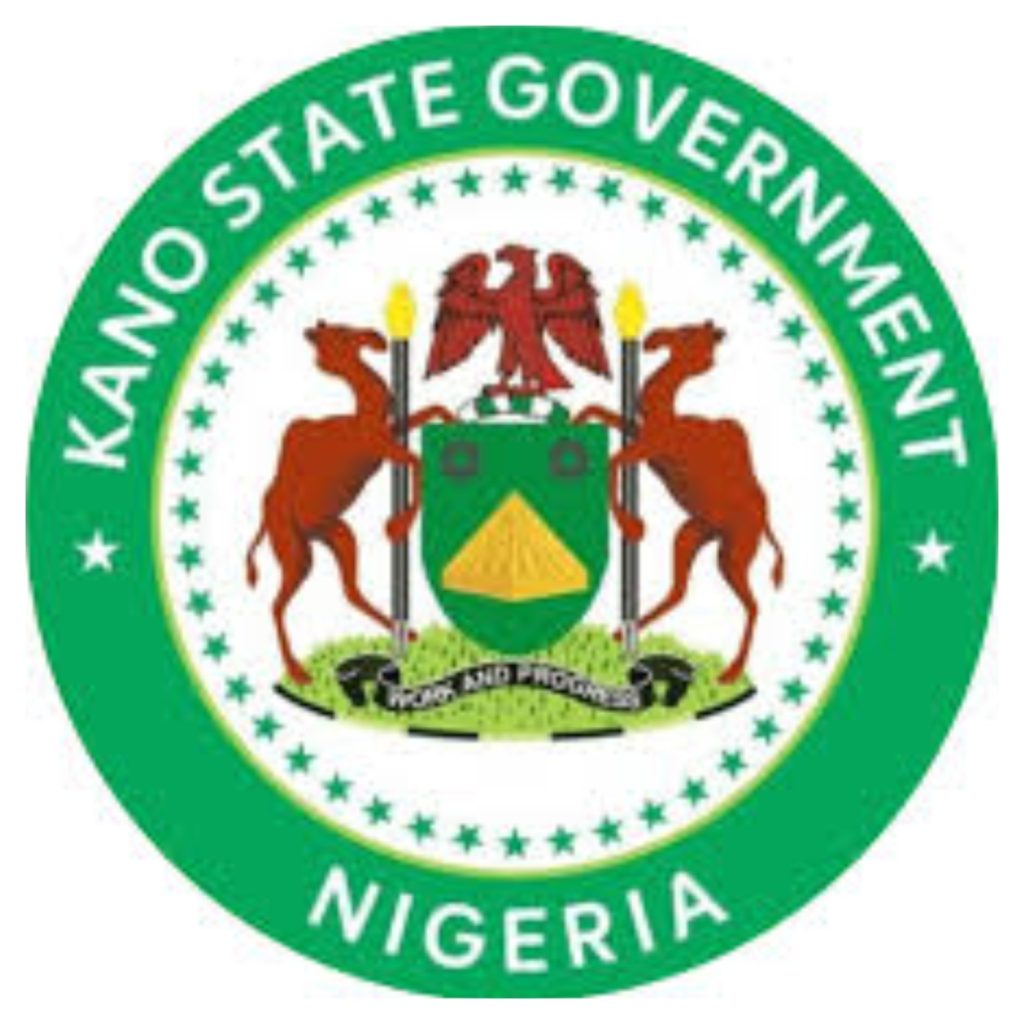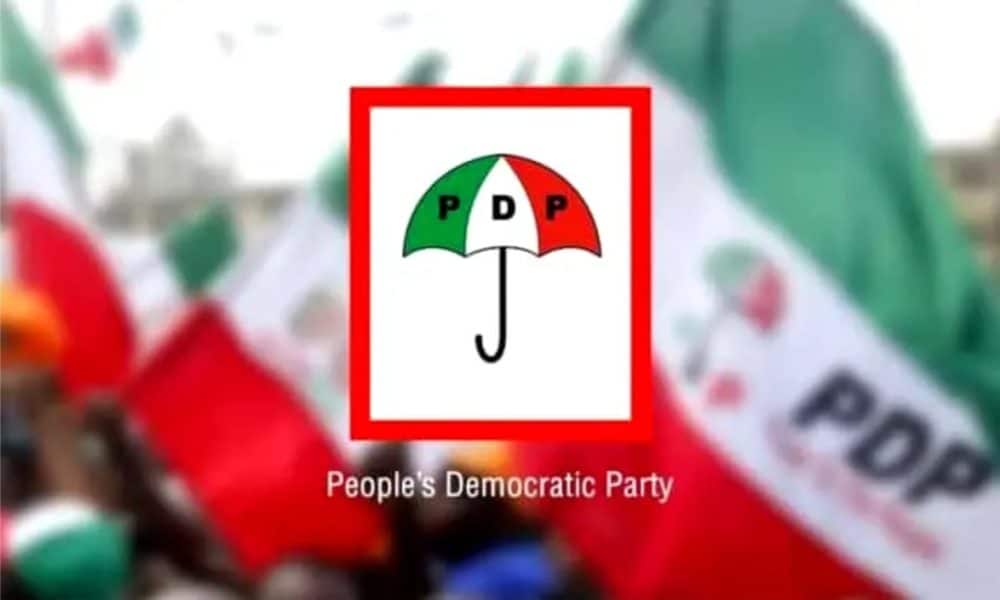Liberia is at a critical juncture, with its abundant natural resources, youthful population, and strategic location in West Africa presenting opportunities for profound economic transformation. However, the country’s progress is hindered by persistent governance weaknesses, fragile infrastructure, and outdated fiscal and monetary systems.
To shift Liberia’s trajectory from survival to prosperity, the government must harness technology, enforce fiscal discipline, liberalize trade, and create domestic and external demand to drive a modern economy. Technology has become a cornerstone for transforming governance systems, strengthening economic management, and expanding revenue mobilization in Liberia.
The use of digital platforms, such as e-procurement systems, digital identity solutions, and open budget portals, can improve data systems, enable evidence-based policymaking, and increase government accountability. Digital tax systems and e-filing platforms are also transforming how Liberia mobilizes domestic resources, strengthening compliance and reducing tax evasion.
The Ministry of Finance and Development Planning must drive a forward-looking policy that integrates the informal sector into Liberia’s technological transformation agenda. This requires establishing accessible digital platforms, providing sustained training programs, and introducing targeted measures such as tax relief and preferential access to government procurement.
The government-led digital transformation aims to enhance Liberia’s economic competitiveness, foster technological advancement, and drive sustainable business growth. Automating customs operations, border management, and internal business workflows can reduce delays, lower operational costs, and strengthen Liberia’s competitiveness in regional and international markets.
Creating demand in Liberia’s economy is also crucial, with household spending and investment-driven demand being key to unlocking growth. Raising disposable incomes, expanding market access, and stimulating domestic demand can be achieved through infrastructure development, affordable finance, and simplified regulations.
To sustain growth, Liberia must prioritize investment in enablers of productivity, such as energy, ICT, transport, and human capital. Fiscal discipline, rationalized spending, and stronger debt management are also necessary to reduce vulnerability. Trade liberalization offers Liberia the opportunity to expand beyond raw commodity exports and integrate into regional and global value chains.
Ultimately, Liberia’s national development depends on deliberate action, leveraging technology, governance reform, and trade integration with strong political will and institutional courage. With a people-centered vision, Liberia can move decisively from fragility to resilience and from promise to prosperity.



